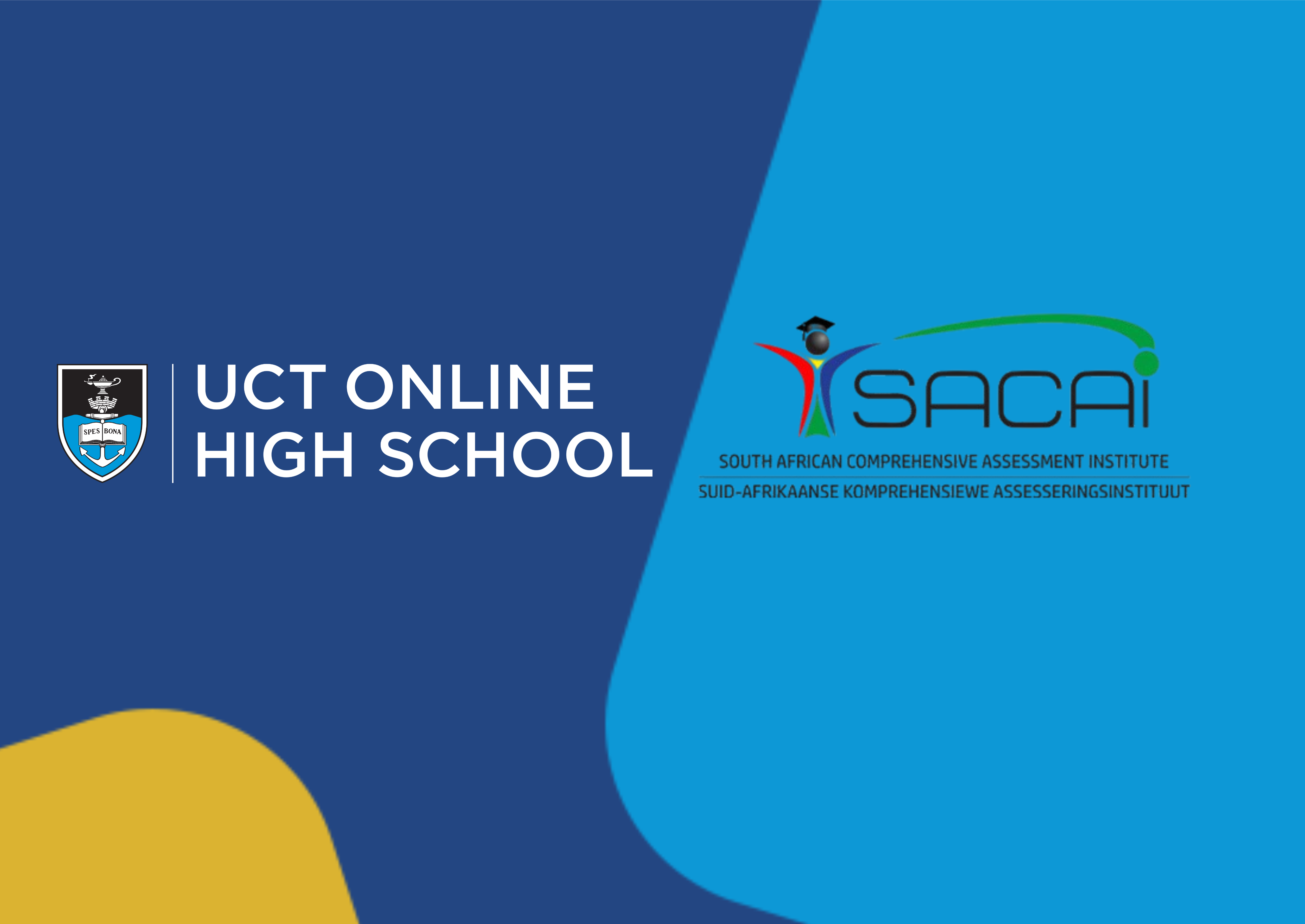Self-care is a personal journey that looks different for each of us.
It’s important to find what works best for you. Whether it’s taking daily walks or practising mindfulness, prioritising self-care is just as important as completing your school work.
Don’t worry if you’re not sure where to start, we’ve compiled top tips and strategies to incorporate self-care into your daily life.
TL;DR
1. Make time for physical activity
2. Prioritise sleep
3. Stay organised
4. Practise mindfulness
5. Connect with others
6. Seek help when needed
7. Create a self-care routine
8. Be kind to yourself
9. Take care of your physical health
10. Take breaks
10 self care tips for high school students
1. Make time for physical activity
Physical activity is one of the most important components of self-care. Experts agree that physical activity helps to reduce stress, improve mood, and promote overall physical health. Whether it's playing a sport, going for a run, or simply taking a walk around the neighbourhood, try to make time for physical activity each day.
2. Prioritise sleep
Getting enough sleep is crucial for both physical and mental well-being. When you’re asleep, your body works on repairs – in your body and your mind. That makes it essential for recharging, reducing stress, and increasing your ability to focus. Plus, there is a huge body of research that shows that good sleep and happiness go hand in hand.
To make sure you're getting enough sleep, it's important to establish a consistent sleep schedule, avoid screens for at least an hour before bed, and create a relaxing sleep environment.
3. Stay organised
Staying organised can help reduce stress and improve overall well-being. That’s because you know what’s expected of you, what you need to do to achieve that and don’t need to waste time and energy to find what you need to get started.
This means setting goals and creating a plan to achieve them, keeping track of deadlines and important dates, and prioritising time for studying and completing assignments.
4. Practise mindfulness
Mindfulness is a practice that can help reduce stress and improve focus. That’s because it helps us to understand what we are feeling and teaches our minds to slow down (halt those anxious thought spirals). Mindfulness is all about trying to focus on the moment you’re in, whether it’s the feel of your pen on the paper, or the fresh air you’re breathing into your lungs.
It’s hard to slow down and be present, especially when you’re under pressure at school and at home. And mindfulness takes practice. This can be done through meditation, yoga, or simply taking a few minutes each day to focus on the present moment and breathe deeply.
5. Connect with others
Social support is an important aspect of self-care. Whether it's spending time with friends and family, joining a virtual club or local sports team, or participating in community service, it's important to connect with others and form social connections.
You can learn more about connecting with others as an online learner by reading our article: Dispelling myths: social Isolation – online but not alone.
6. Seek help when needed
If you’re struggling with stress, anxiety, or other mental health concerns, it's important to seek help. This can include talking to a trusted adult, reaching out to a school counsellor, or talking to an external mental health professional.
At UCT Online High School our Support Coaches are there to support our learners throughout their online learning journey. Whether that's talking through confusion and stress about an upcoming assignment or managing test anxiety, our Support Coaches are ready to help you tackle these challenges.
7. Create a self-care routine
Creating a routine can help you make self-care a consistent part of your daily life. This means setting aside time during the day to focus on self-care activities, such as taking a walk or practising mindfulness.
It's important to make self-care a priority, just like you would schedule time for studying or completing assignments.
8. Be kind to yourself
Self-care also means being kind to yourself and paying attention to your thoughts and feelings. This means avoiding negative self-talk and instead, focusing on positive affirmations.
It's also important to practise self-compassion, which means being understanding and patient with yourself, rather than being overly critical.
9. Take care of your physical health
Physical health is an important aspect of self-care and shouldn’t be overlooked. This means eating a balanced diet, staying hydrated, and maintaining good habits.
Research shows that a balanced diet is linked to higher grades, better memory and faster information processing.
Similarly, staying properly hydrated will help you concentrate, keep you energised and reduce headaches. Conventional wisdom recommends drinking eight cups of water per day, but the scientific evidence for this is limited. When it comes to staying hydrated, let your body be your guide. Drink water when you’re feeling thirsty.
10. Take breaks
It's important to take breaks throughout the day to recharge and refocus. This can be as simple as taking a few minutes to step away from your work and take a walk or even just closing your eyes and breathing deeply.
Access more resources
We’ve also compiled a handy list of online learning tips from Learning Facilitators and Support Coaches that’s jam packed with helpful suggestions.





























